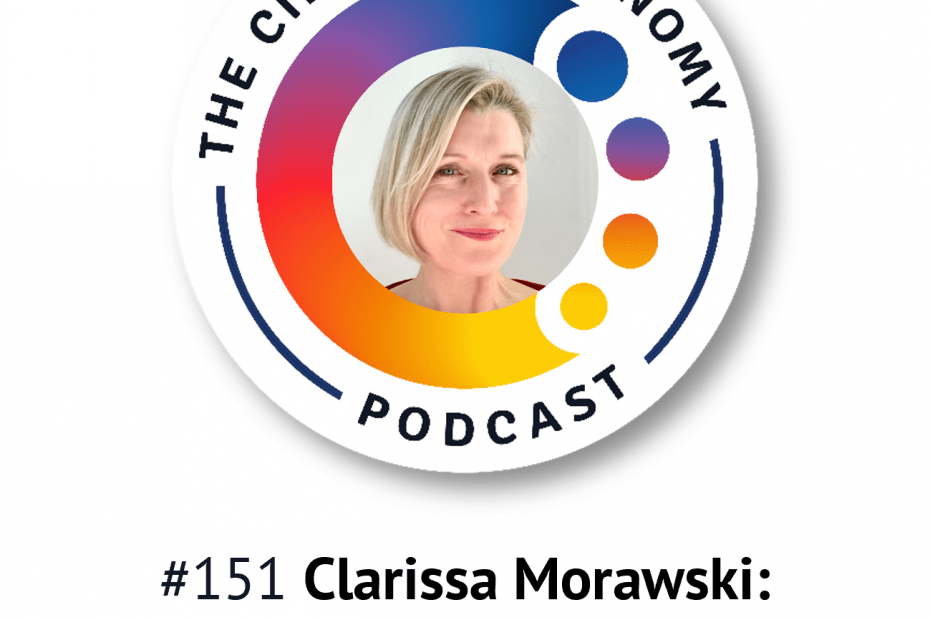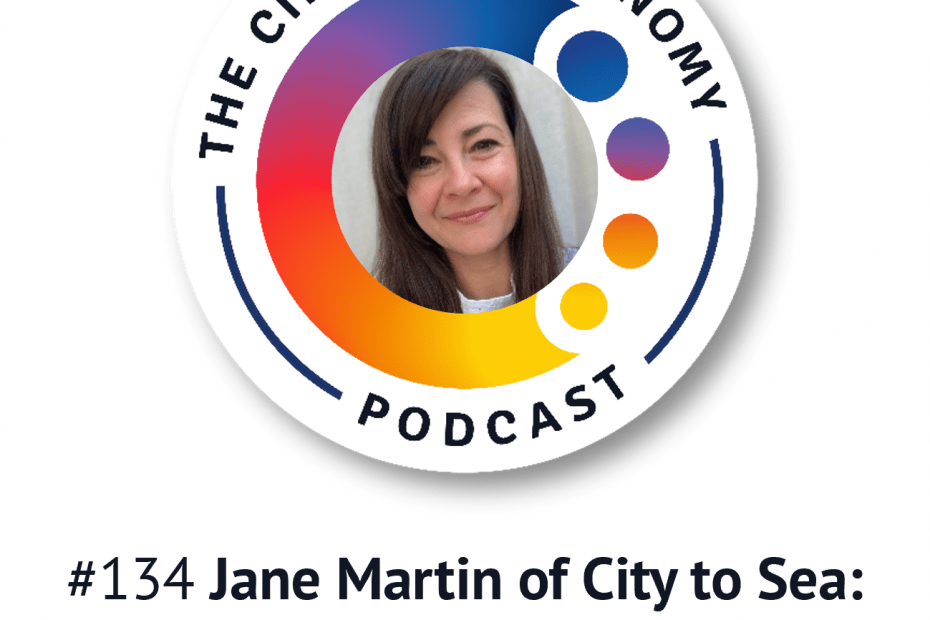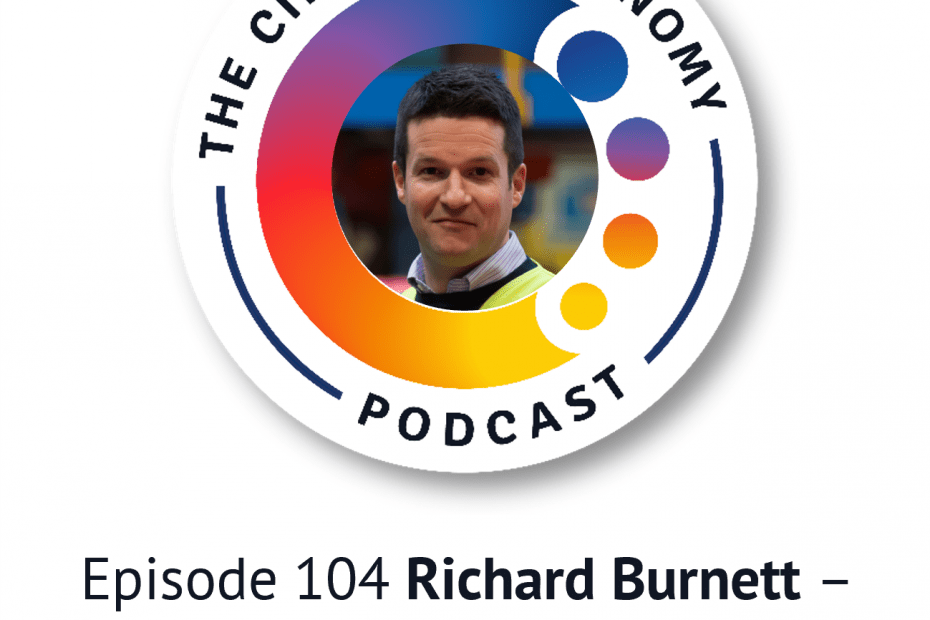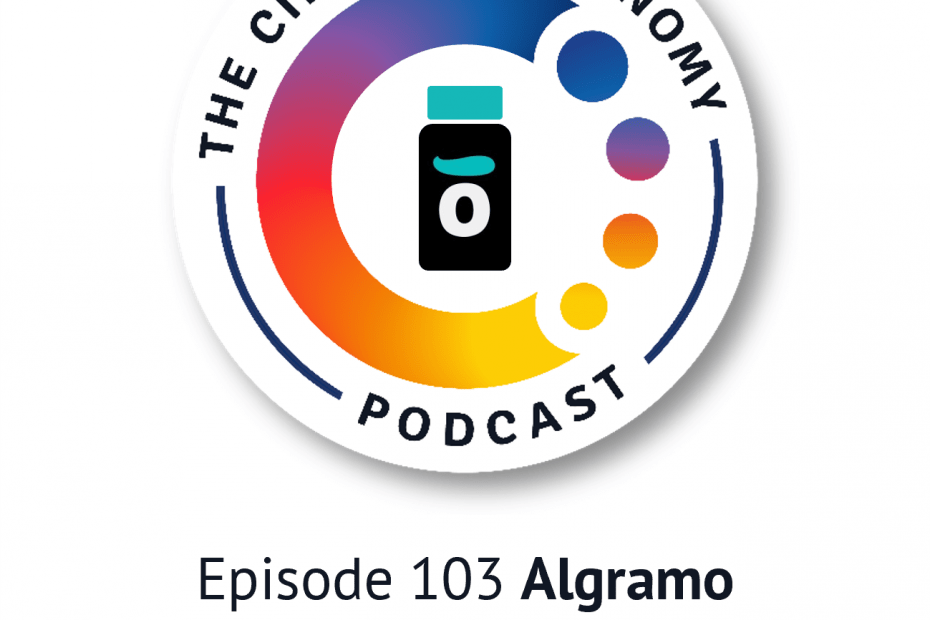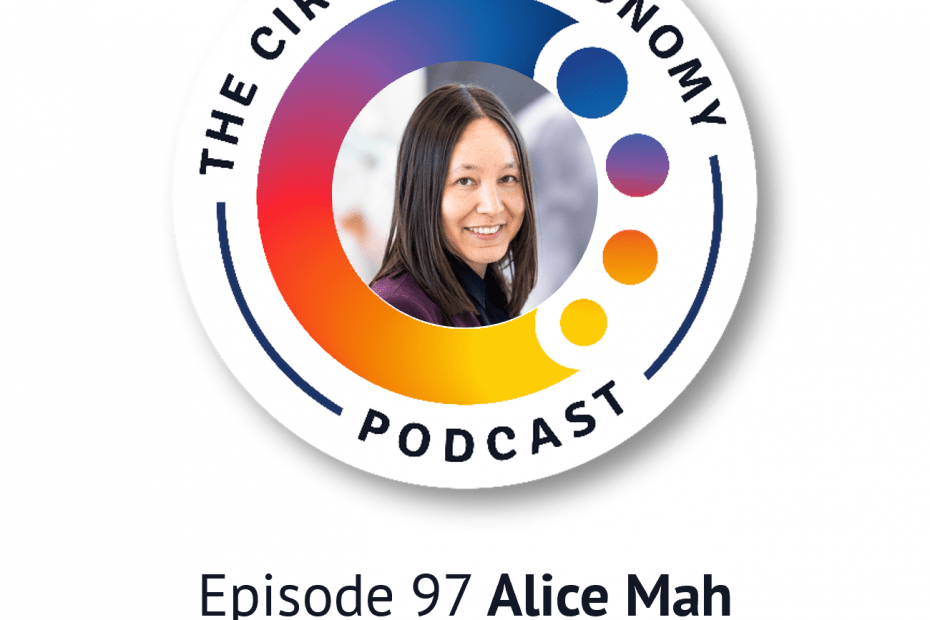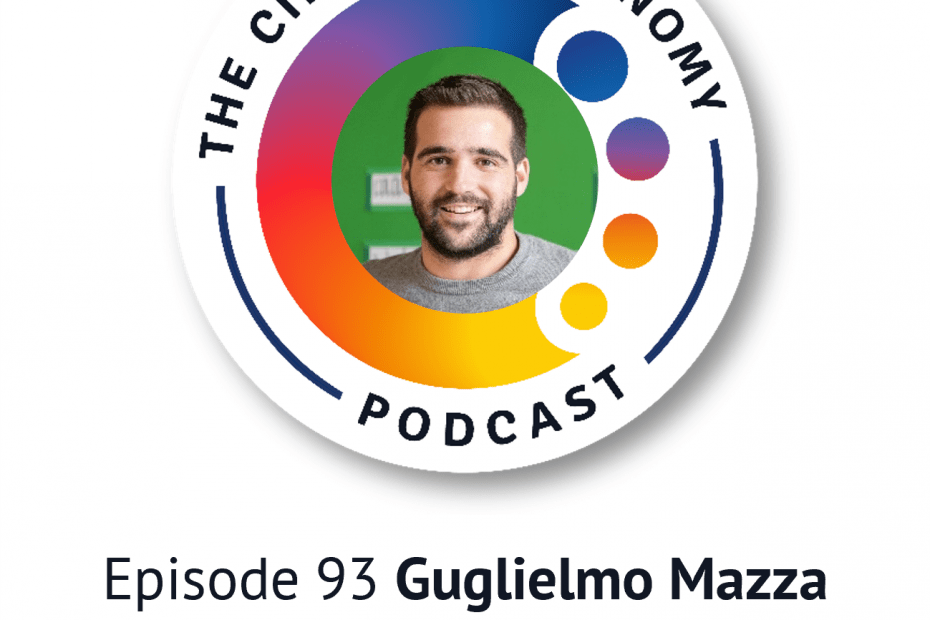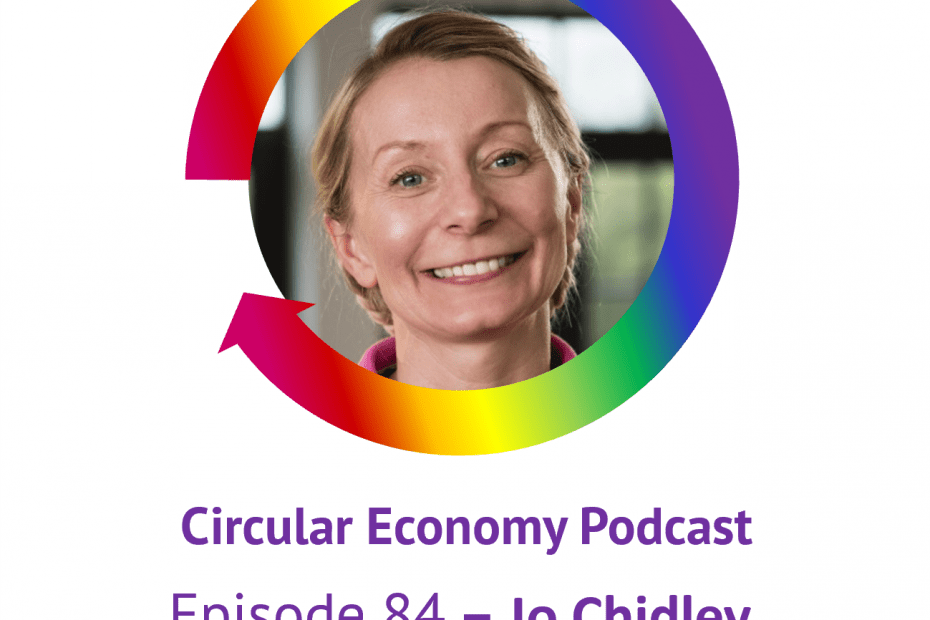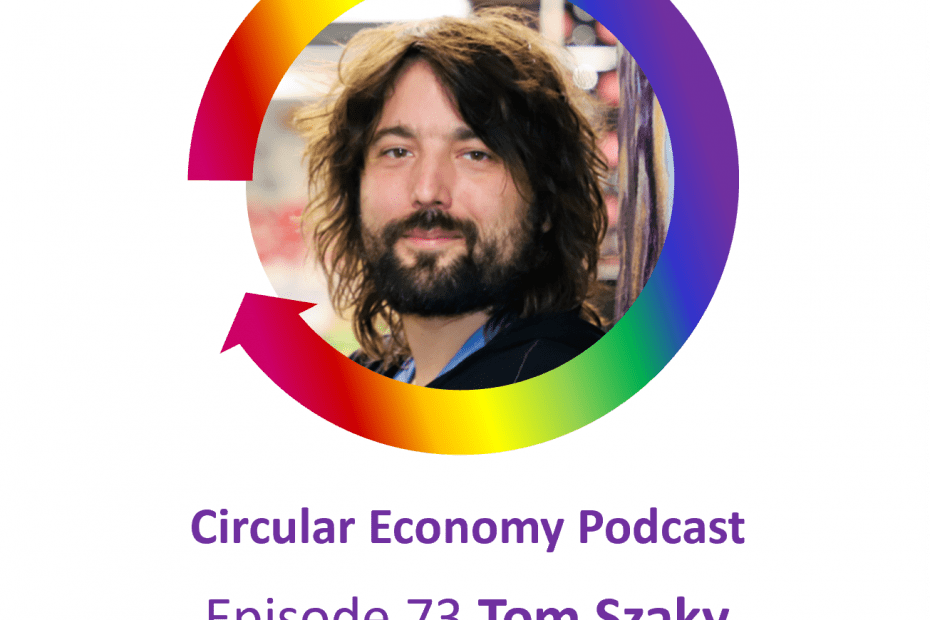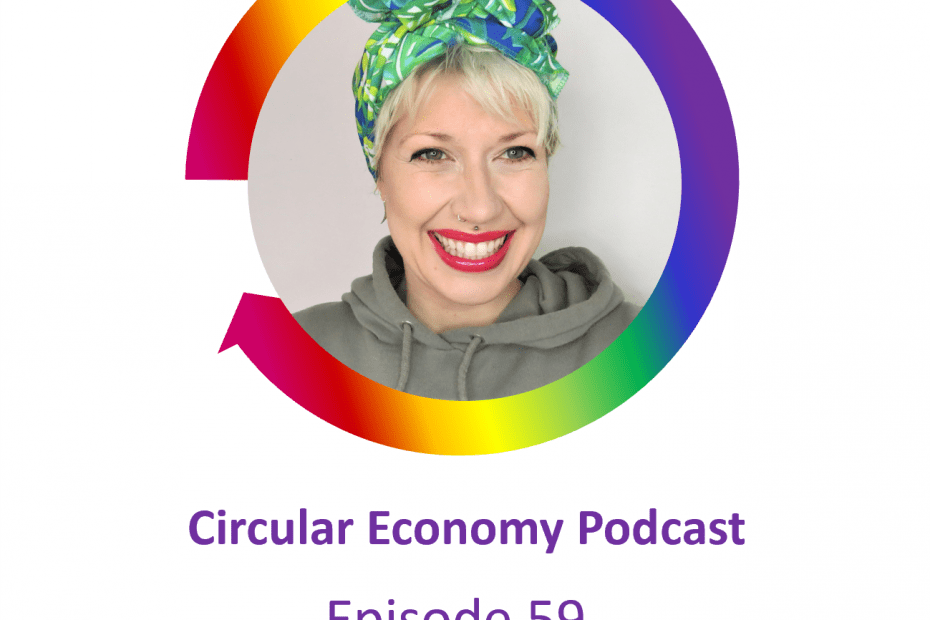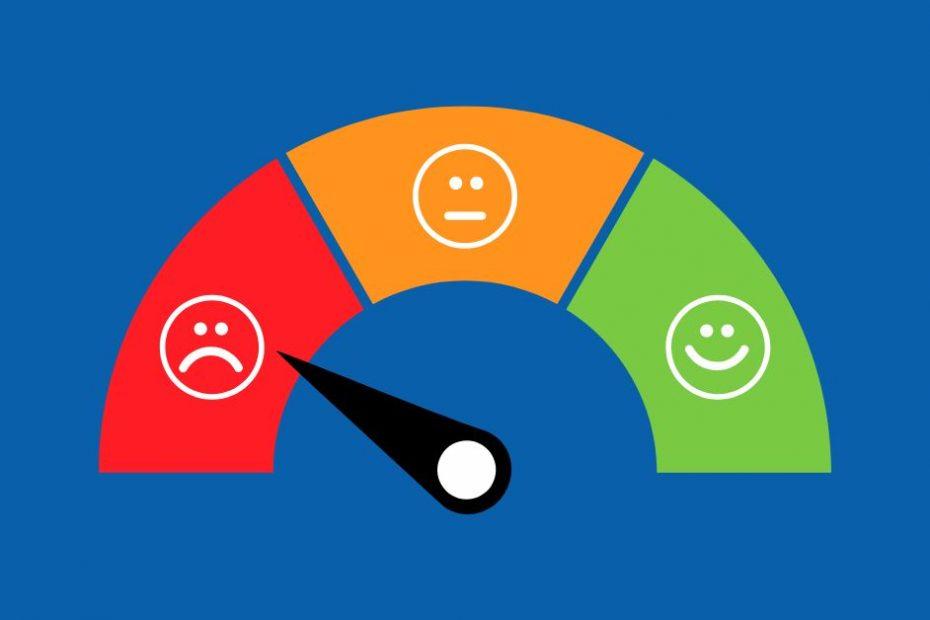151 Clarissa Morawski of Reloop Platform: practical policies for circular packaging
Clarissa Morawski, CEO of Reloop Platform works with governments, industry stakeholders and NGOs to develop policies for a packaging circular economy. Clarissa brings nearly 30 years of technical, analytical and communications experience in waste reduction operations and policies. She started her own consulting business in 1998 and co-founded the Reloop Platform in 2015. As CEO, Clarissa works with stakeholders and partners to develop smart, practical and effective policy frameworks and operational recommendations, and combines her no-nonsense communication skills with science to make the case for ambitious policy.
Reloop Platform’s mission is to accelerate the global transition to a circular economy by working at the centre of policy-making with governments, industry stakeholders and NGOs. Reloop’s primary objective is to prevent waste, by reducing production and consumption, re-using packaging wherever possible and collecting materials properly for closed loop recycling.
We talk about a recent report, the Global Recycling League Table, that Reloop produced in partnership with Eunomia; and Clarissa highlights key elements of the recent EU Packaging and Packaging Waste Regulations.
Clarissa shares some insights on how to make sure policies actually make a difference and don’t get sabotaged by various vested interests; we hear how mindsets are changing, and brands are starting to see litter as a real issue.
We discuss Deposit Return Schemes and which ones are seen as best-practice, and we cover some of the issues affecting the safety of virgin and recycled packaging materials.
